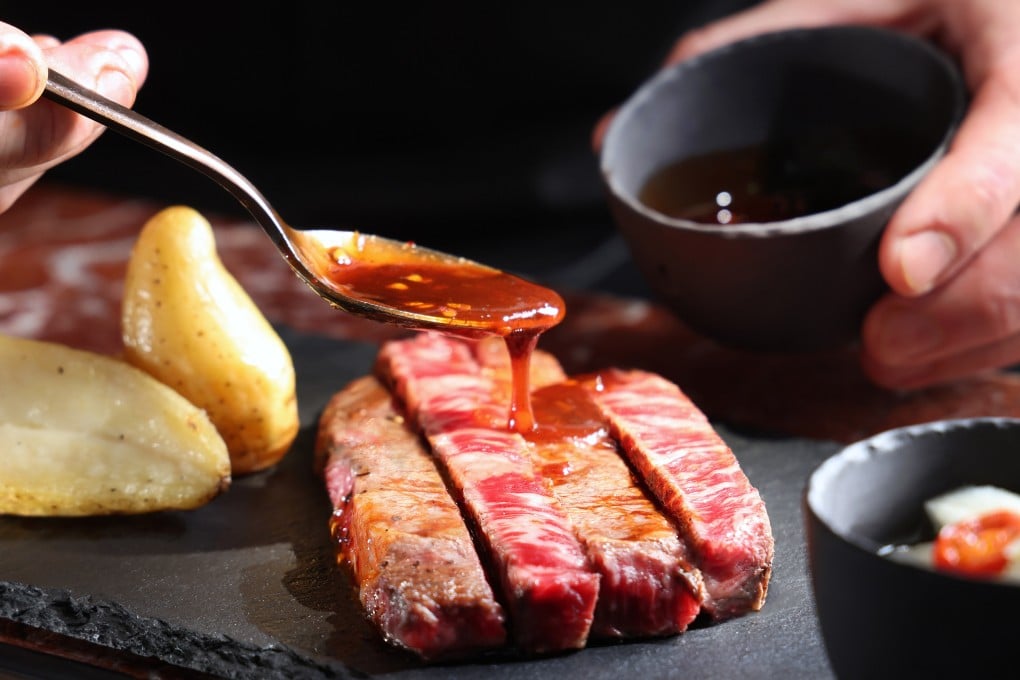Explainer | Weary of wagyu? How about Hanwoo? Korean beef is an emerging luxury meat less fatty, more chewy and beefier than its Japanese counterpart
- Hanwoo beef is more expensive than American and Japanese beef, partly because of the way the cattle are reared and how little of the meat is exported
- With more chefs in Hong Kong and elsewhere turning to Hanwoo, we look at its history and cultural significance, and why it is ‘just right’ for Korean cuisine

There’s a joke in South Korea that says you should practise caution around people who treat you to beef. The reason? According to lore, kindness with no strings attached ends at treating someone to pork. When someone buys you beef, there is bound to be an ulterior motive.
Today, few take this literally, but there is a reason behind the joke. In Korea, beef tends to be reserved for special occasions and is much pricier than pork – which is generally eaten in more casual settings.
Beef in Korea is more expensive than in many other countries. According to a 2021 study by civic group Consumers Korea, the average price of a sirloin steak from a domestically reared cow was around 148,000 won (US$110) per kg, the most expensive among 10 developed countries including the United States, China, Japan and France.
While France and China ranked third and fourth after Korea and Japan – where a sirloin steak costs US$100 per kg on average – the average price of French and Chinese beef was much lower at US$27 per kg.

The high price may have its roots in Korean culture, as people historically held their cattle in higher regard than any other livestock.
The perception of cattle as a valuable asset dates back to the country’s agrarian roots. “Ever since people began farming in the Korean peninsula during the Three Han States period [57BC-668AD], cows were treated as equally important to humans due to their outstanding labour capability,” a 2021 report by the Korean government said.